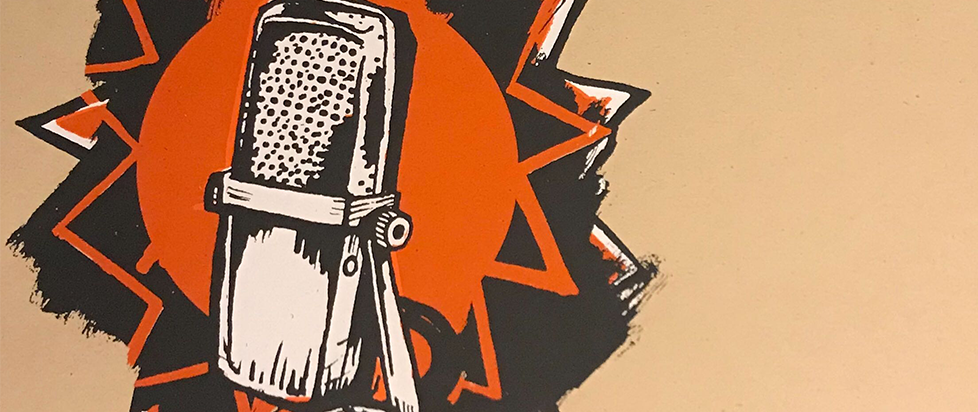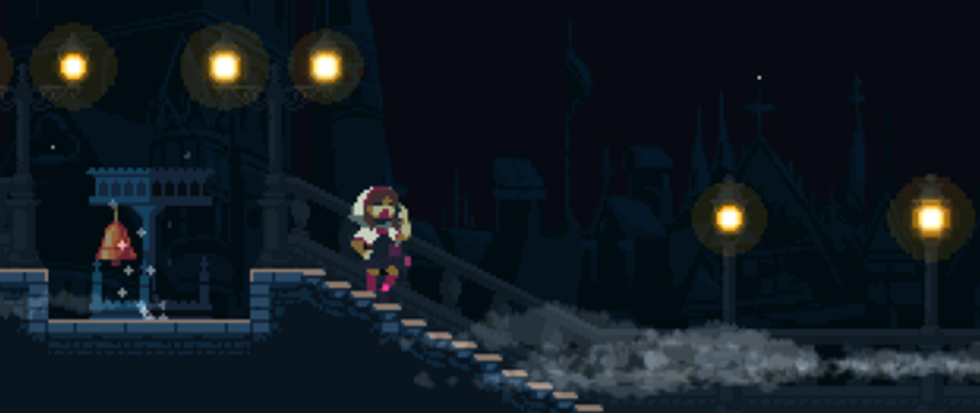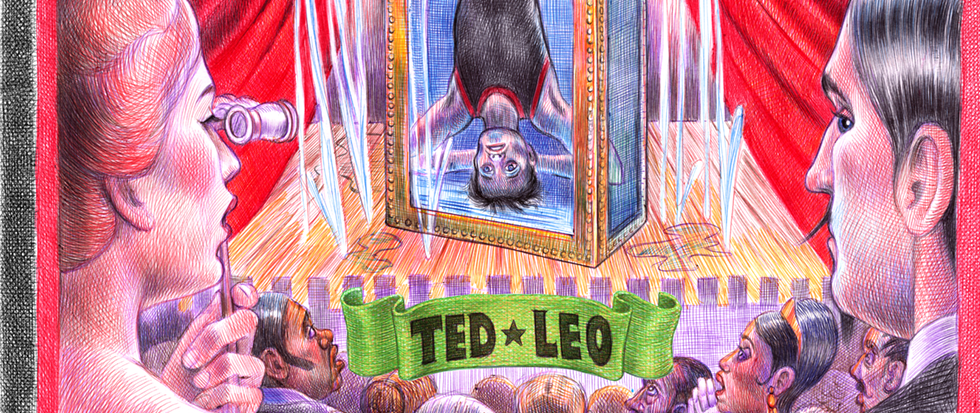
The Slither and the Bop
A couple of years ago, Mike Park of Asian Man Records (the original label of Alkaline Trio and many a fine ska/punk album) was looking back on the past few decades of his label’s output for The AV Club, and therein he mentions a middle-era of the label where he felt maybe the juice was running a little thin. It’s understandable; there’s no perfect label or institution, and as a mostly one-person outfit based out of his parent’s garage, of course Asian Man’s catalog would slough and shuffle as bands outgrow the car-hole, break up, splinter off, and get old. He dug out of that funk, eventually finding new energy with the likes of Jeff Rosenstock’s Bomb the Music Industry and other fresh batteries, but while he was discussing his label’s lull he named a few of the Asian Man’s less loved middle children, name-checking in particular Just a Fire.
Just a Fire was one of many projects to come from Fred Erskine, of Hoover, June of 44, The Crownhate Ruin and several other low-end-soaked angular rock bands. It also featured Chris Daly of Sweep the Leg Johnny (a group that deserves its own write-up, but suffice to say they siphoned equal parts sax and sass for their jams), who brought a similar and deceptively loose platter of riffs to short up against Erskine’s bleats and booming bass lines. That heavy throb was a singular sensibility of Erskine’s, particularly at a time when the bass was often mixed low in service of volume or tinkles, this being the era of tsunami compression. The bass guitar in particular rarely gets the respect it deserves, but Erskine’s work always put in the slither and the bop.
Light Up was their sole Asian Man album, though they would later cut a second for Sick Room records that definitely feels more settled and secure. Which is why I prefer Light Up, a quick collection of songs that live in the pocket and teem with a succulent live to tape tang. That finger-plucked four-string winds through every nook of the beat, the guitar screaming in and out of the melody, with drums that know when the rock the ride and when to settle into some full-on dub, reggae, and bottom-busting grooves. Lyrically the songs pull no punches from back when W was the harbinger of punk’s thirtieth rebirth, with anti-nationalist songs as relevant now as they ever were. Erskine’s tongue often pays rent at the back of the cheek, and his DC/Dischord pedigree shines through, but through all his history these are still some of the tightest, most cut and dry tunes he’s ever been a part of.
While there are many bands I love that I feel don’t get their due, I’m particularly chapped that I can hardly find mention of Just a Fire online or with anyone in person. Much of this obfuscation is likely because of their internet-nascent timeline, before cell phones or widespread broadband, when even the most locked-in trio really had to get out of the state to spread their legend. I don’t know if Just a Fire escaped Chicago too often (I never had the pleasure of seeing them live), so beyond the association with Erskine it’s unlikely that anyone who wasn’t close with the players holds a similar level affection for the band. Even Mike Park speaks as if their signing was a mistake, as if he was catering to some invisible audience that demanded reverb and he was merely delivering, which truly breaks my heart.
And yet, Just a Fire got a couple of electric albums under their belt, and two singles that could melt granite with their low down friction and fury, which is more than most other dead and buried ensembles. I may be the only one who feels this way, but songs like “Snake in that Bush,” “High on Illusion,” and the titular closer “Light Up” are blueprints for a brassy resistance, proof that punk could still shimmy and swing with the gain cranked high.





